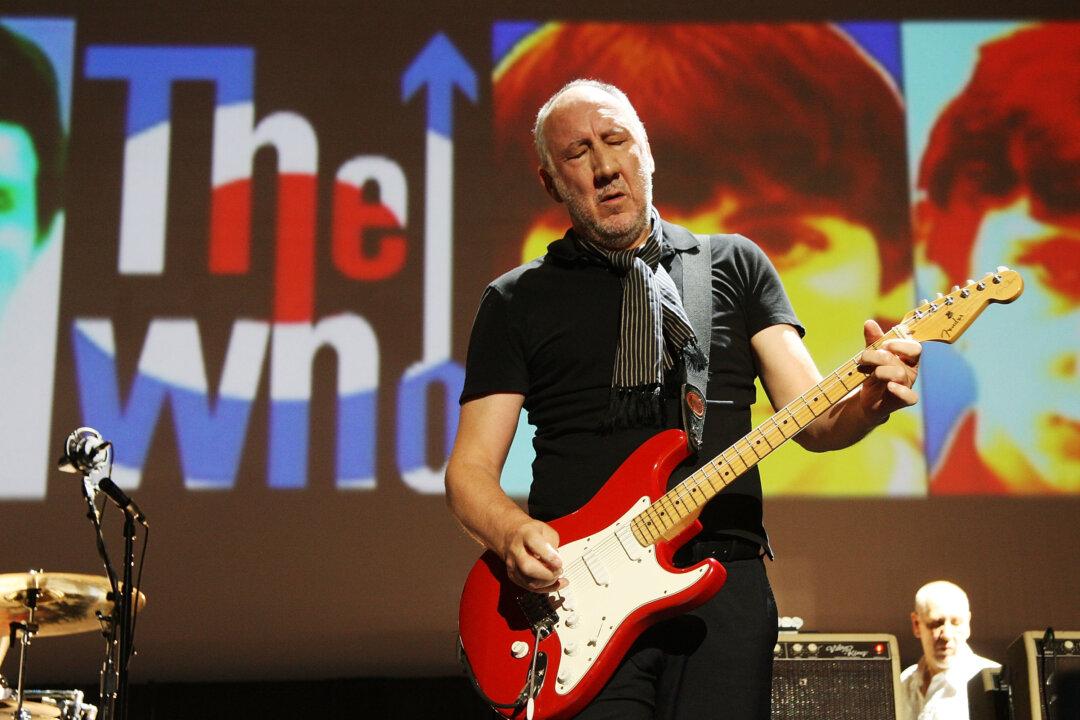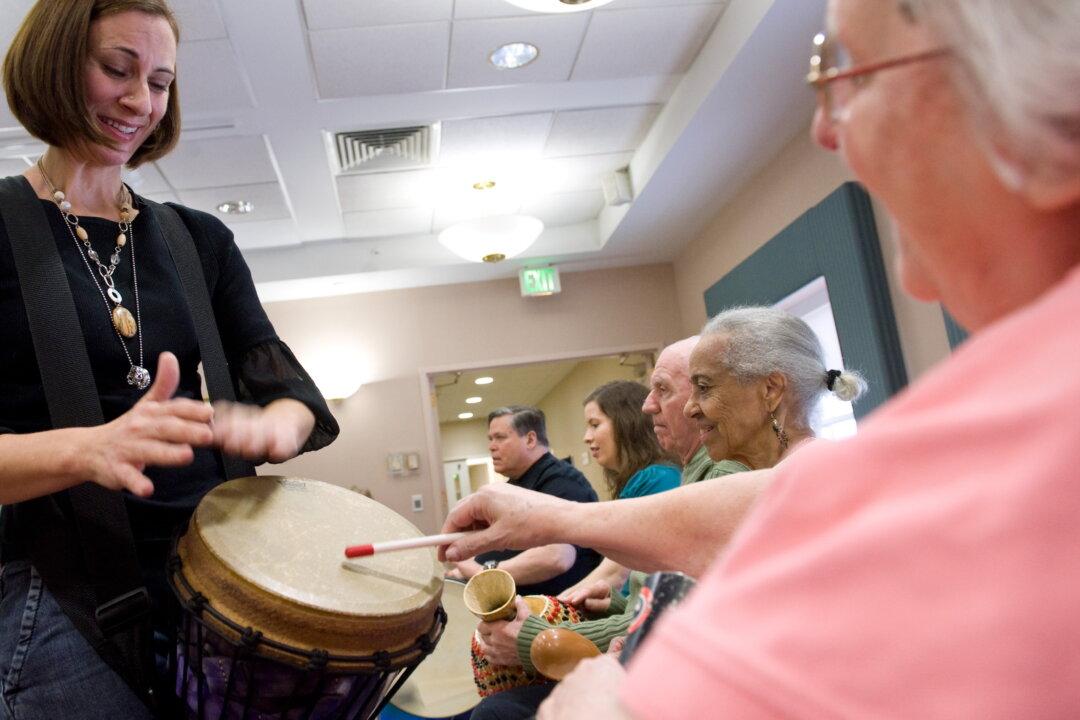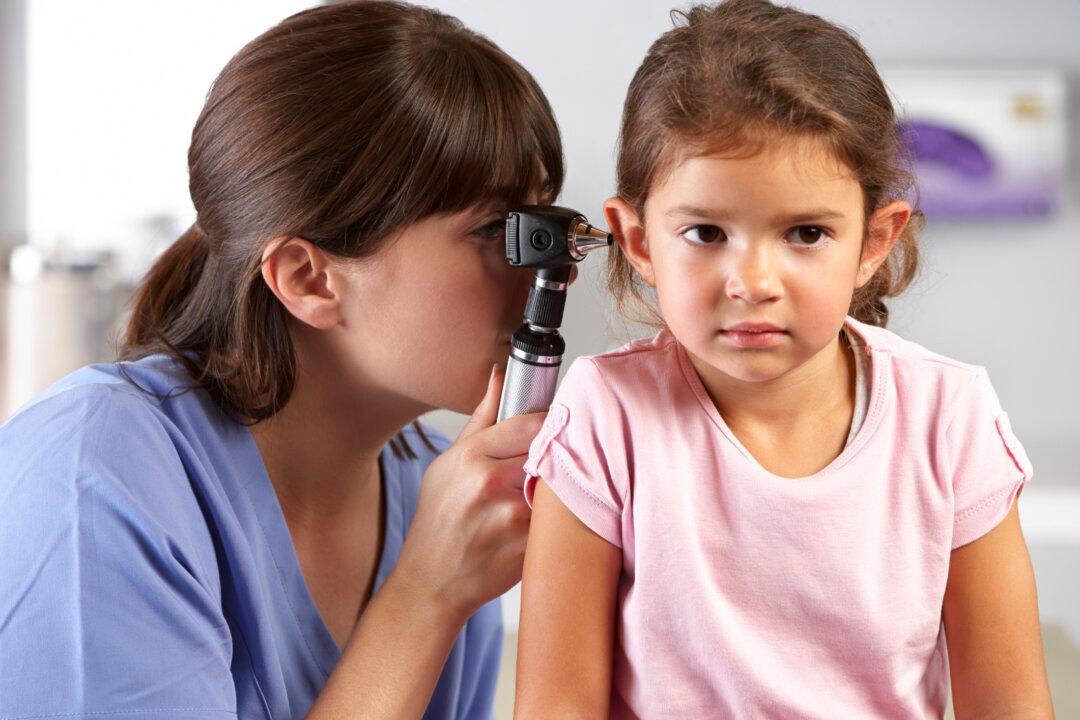There’s a reason rock stars are among the most coveted pitchmen in the world of marketing and advertising—they resonate cool. However, so often the image they project and the lengths to which they go to maintain it can work against their best interest, health-wise.
A number of rockers have admitted they should have put their hearing ahead of their persona and worn earplugs during their concerts and in their recording sessions.
Earplugs and listening devices face a stigma, however, and many musicians don’t want to be seen with apparel that the public and media might characterize as being for the elderly.
Thankfully, that attitude is changing. Musicians are becoming more aware and more vocal about how to protect human hearing.
Their endorsement of better hearing is one of the greatest tools we in the hearing-health industry have in informing Canadians, especially our young citizens, about conditions such as tinnitus, a constant ringing in the ears. A recent study showed that one in five teenagers has some kind of hearing loss.
With the Juno Awards coming up, rock stars will be in the spotlight, so I thought it would be fitting that this month we looked at five musicians who have faced hearing loss and have spoken out about it.
1. Pete Townshend
Although The Who were renowned in the 1960s as the loudest band in the world, Townshend has put the blame for his hearing loss on devices he used during the band’s quieter moments in the recording studio. Headphones, he says, caused his hearing damage.
“This very morning, after a night in the studio trying to crack a difficult song demo, I wake up realizing again—reminding myself, and feeling the need to remind the world—that my own particular kind of damage was caused by using earphones in the recording studio, not playing loud on stage,” Townshend wrote on his website a few years ago.
His criticism of headphones has continued as he raises awareness for more careful use as well as improved technology.
2. will.i.am
Like many musicians, the 38-year-old founding member of the Black Eyed Peas began listening to loud music at a young age and that habit led to a destruction of the nerves in his inner ear, causing hearing loss and a constant buzzing sound.
He has said that the condition is so bad he never hears silence.
3. Bryan Adams
Adams has severe tinnitus as a symptom of noise-induced hearing loss. He has teamed up with the Hear the World Foundation to create a public awareness campaign about hearing health.
Adams, a musician as well as photographer who lives in Britain, photographed celebrities for a Hear the World advertising feature that appeared in the United Kingdom in recent years.
4. Chris Martin
Although only 36, the Coldplay lead singer has dealt with hearing damage for more than a decade. He said listening to loud music when he was in his teens led to the condition.
“Looking after your ears is unfortunately something you don’t think about until there’s a problem. I’ve had tinnitus for about 10 years, and since I started protecting my ears it hasn’t got any worse (touch wood).
“But I wish I’d thought about it earlier. Now we always use moulded filter plugs, or in-ear monitors, to try and protect our ears,” Martin has said.
5. Grimes
A 25-year-old from Vancouver, Grimes has had to cancel tour dates in Canada and Europe because she was coping with hearing loss. She tweeted that she would be avoiding “loud music 4 a bit” as she recovers.
Grimes, whose real name is Claire Boucher, offers evidence of how hearing loss can affect anyone, at any age.
What can you learn from the conditions these musicians are dealing with? Well, for one thing, you can take their advice and avoid sustained exposure to excessive noise.
You can also listen to the warnings in their stories and take precautions early to protect your hearing, including getting a complimentary hearing test.
If you have a hearing-related question, don’t be shy about asking. Send your comments and questions to the Connect Hearing Facebook page at facebook.com/ConnectHearingCanada. I will respond to your queries in a future article.
MJ DeSousa, an audiologist and Director of Professional Practice at Connect Hearing, leads a team of hearing professionals across Canada. For more information about hearing loss please visit www.connecthearing.ca





